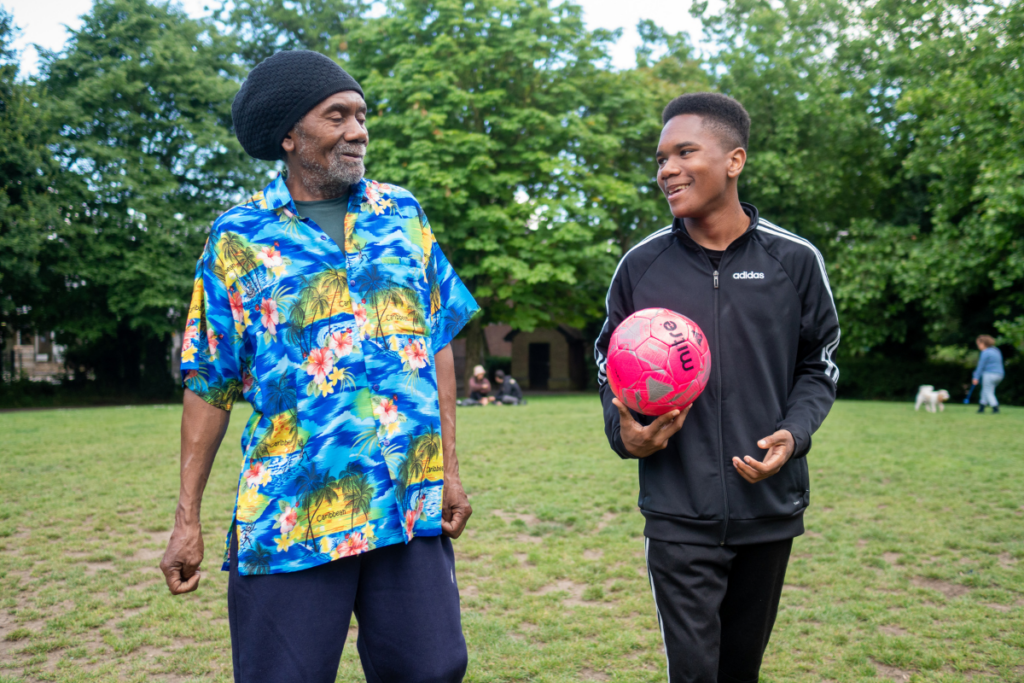Getting started: our recommended reading list

There are a range of resources to develop our collective understanding of what works in tackling loneliness.
But where do we start when there is so much information?
We asked Hub members for their recommended ‘must reads’ on addressing loneliness and have collated the most popular suggestions as Core Content in the Resources area.
Government Strategy
- A connected society: a strategy for tackling loneliness (HM Government)
- Loneliness Annual Report: the first year (DCMS)
- Loneliness Annual Report: January 2021 (DCMS)
- Loneliness Annual Report: February 2022 (DCMS)
- Tackling Loneliness Evidence Review (DCMS)
Case Studies, Research and Evaluation
- Combatting Loneliness (LGA, Age UK, Campaign to End Loneliness)
- A Place to Belong: the role of youth organisations in addressing youth loneliness (UK Youth)
- Barriers to Belonging: an exploration of loneliness among people from Black, Asian and Minority Ethnic backgrounds (Co-op Foundation & British Red Cross)
- A community response to loneliness (Local Trust)
- Promising Approaches Revisited (Campaign to End Loneliness)
- The Psychology of Loneliness (Campaign to End Loneliness)
Good practice
- A Brief Guide to Measuring Loneliness (What Works Centre for Wellbeing)
- A guide to campaigning on loneliness (NDTi & Campaign to End Loneliness)
What next
- A Connected Recovery: findings of the APPG inquiry on loneliness (APPG on Loneliness)
- Loneliness beyond Covid-19 (Campaign to End Loneliness)
The Tackling Loneliness Hub
The Tackling Loneliness Hub is commissioned by the Department for Digital, Culture, Media and Sport. Colleagues in Wales, Scotland and Northern Ireland are also looking at loneliness in their specific context.
The wider Resources area will continue to grow but we aim to keep it manageable in scale.
April 2022




